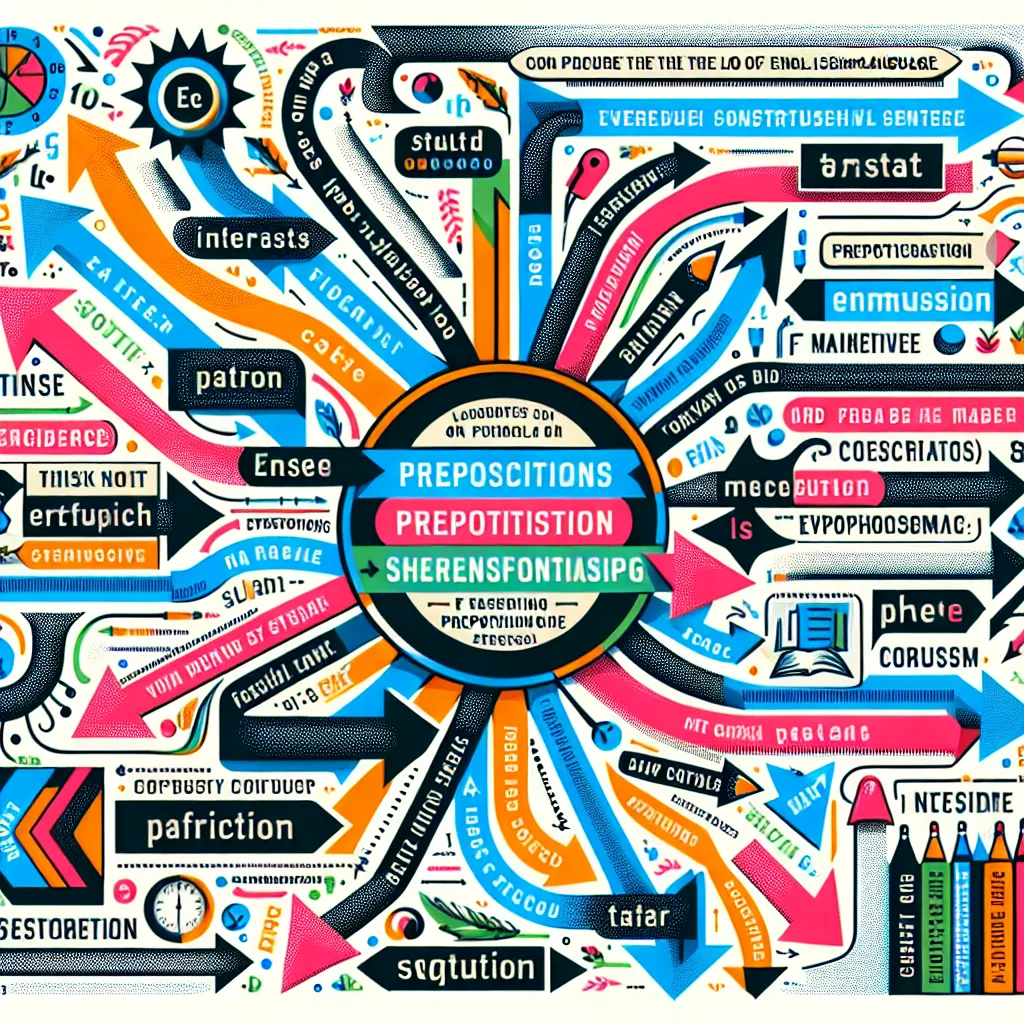Are you struggling to master English grammar? You’re not alone. Many language learners find grammar to be one of the most challenging aspects of learning English. However, with the right strategies, you can significantly improve your grammar comprehension and take your English skills to the next level. In this article, we’ll explore some proven techniques to help you understand and apply English grammar more effectively.
Why Grammar Comprehension Matters
Before we dive into strategies, it’s essential to understand why grammar comprehension is crucial for language learning. Grammar provides the structure and rules that allow us to communicate clearly and effectively. Without a solid grasp of grammar, you may find yourself struggling to express your thoughts accurately or understand complex texts.
 Importance of English Grammar
Importance of English Grammar
Strategies for Improving Grammar Comprehension
1. Immerse Yourself in Authentic English Content
One of the most effective ways to improve your grammar comprehension is to expose yourself to authentic English content regularly. This includes:
- Reading books, newspapers, and magazines
- Watching English movies and TV shows with subtitles
- Listening to podcasts and radio programs
By immersing yourself in real-world English, you’ll naturally start to recognize grammar patterns and structures in context. This approach is particularly effective because it allows you to see how native speakers use grammar in everyday situations.
For example, if you’re struggling with the present perfect tense, you might notice how it’s used in a news article: “Scientists have discovered a new species of butterfly in the Amazon rainforest.” This real-world context can help you understand when and how to use this tense in your own communication.
2. Use Grammar Practice Apps and Websites
In today’s digital age, there are numerous apps and websites designed specifically for grammar practice. These tools often use gamification techniques to make learning more engaging and enjoyable. Some popular options include:
- Duolingo
- Grammarly
- English Grammar in Use (Cambridge)
- Quizlet
These platforms offer interactive exercises, quizzes, and explanations that can help reinforce your understanding of grammar rules. Many also provide instant feedback, allowing you to learn from your mistakes in real-time.
3. Keep a Grammar Journal
Maintaining a grammar journal can be an excellent way to track your progress and reinforce new concepts. Whenever you encounter a new grammar rule or structure, write it down in your journal along with examples of how to use it. This practice not only helps with retention but also provides a handy reference for future review.
For instance, if you’ve just learned about conditional sentences, you might write:
“First Conditional: Used for real or possible situations in the future.
Example: If it rains tomorrow, I will stay at home.”
4. Practice with Targeted Exercises
While general exposure to English is beneficial, targeted practice can help you focus on specific areas of grammar that you find challenging. Look for exercises and worksheets that address your particular weak points. For example, if you struggle with passive voice, find exercises that specifically focus on this aspect of grammar.
 English Grammar Exercise Worksheet
English Grammar Exercise Worksheet
5. Learn Grammar in Context
Instead of memorizing isolated grammar rules, try to learn them in context. This approach helps you understand not just the rule itself, but also when and how to apply it. One effective method is to use example sentences or short paragraphs that demonstrate the grammar point in action.
For example, when learning about reported speech, you might use a paragraph like this:
“Sarah told me she had finished her project. She said she was very proud of her work and that she would present it to the class next week. Sarah asked if I could look over her presentation slides, and I agreed to help her.”
This context helps you see how reported speech is used in a real-life scenario, making it easier to understand and remember.
6. Utilize the Power of Mnemonics
Mnemonics are memory techniques that can help you remember grammar rules more easily. Create catchy phrases or acronyms to help you recall tricky grammar points. For instance, to remember the order of adjectives in English, you might use the acronym “OSASCOMP”:
- Opinion
- Size
- Age
- Shape
- Color
- Origin
- Material
- Purpose
So, you would say “a beautiful large old round blue French silk sleeping bag” rather than mixing up the order of these adjectives.
7. Teach Others
One of the most effective ways to solidify your understanding of grammar is to teach it to someone else. This could be a study buddy, a family member, or even an online language exchange partner. When you explain grammar concepts to others, you’re forced to break them down into simpler terms, which can help reinforce your own understanding.
8. Regular Review and Spaced Repetition
Consistency is key when it comes to improving your grammar comprehension. Set aside time for regular grammar review sessions, and use spaced repetition techniques to reinforce what you’ve learned. Spaced repetition involves reviewing material at increasingly longer intervals, which has been shown to improve long-term retention.
You might start by reviewing a new grammar concept daily for a week, then twice a week for the next two weeks, then once a week, and so on. This approach helps move the information from short-term to long-term memory.
Important Considerations
While implementing these strategies, keep the following points in mind:
- Be patient with yourself. Grammar improvement takes time and consistent effort.
- Don’t be afraid to make mistakes. They’re a natural part of the learning process.
- Focus on progress, not perfection. Celebrate small improvements along the way.
- Seek feedback from native speakers or language teachers when possible.
Next Steps
Now that you’re armed with these strategies, it’s time to put them into action. Here are some suggestions to get you started:
- Choose one strategy from the list above and commit to implementing it for the next week.
- Take a grammar diagnostic test to identify your weak areas and focus your studies accordingly.
- Set specific, measurable goals for your grammar improvement, such as mastering one new tense each month.
- Join an online English learning community to practice and get support from fellow learners.
Remember, improving your grammar comprehension is a journey, not a destination. With consistent practice and the right strategies, you’ll see significant improvements in your English language skills over time.
For more tips on enhancing your overall English proficiency, check out our articles on how to get better at English and tips for learning English at home.
Do you have any favorite strategies for improving your grammar comprehension? Share them in the comments below!




